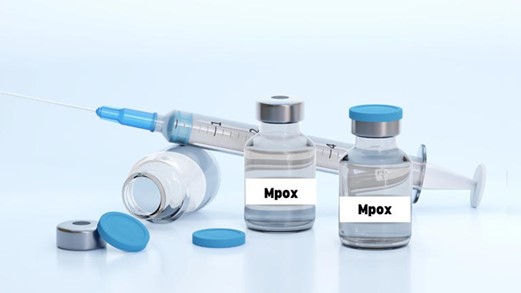Spicy food has been a staple in various cuisines around the world for centuries, adding not only flavor but also a unique kick to our meals. Whether you’re a fan of fiery peppers or enjoy a touch of heat in your dishes, the love for spicy food is widespread. However, beyond the burst of flavor, have you ever wondered about the health implications of indulging in spicy delights? Let’s dive into the world of spicy cuisine and explore both its health benefits and potential harms.
Health Benefits of Eating Spicy Food
- Metabolism Boost
One of the most celebrated benefits of consuming spicy food is its potential to rev up your metabolism. Capsaicin, the compound responsible for the heat in chili peppers, has been shown to increase calorie burning by promoting thermogenesis. This temporary increase in metabolic rate can aid in weight management and may contribute to a more efficient calorie burn.
- Pain Relief
Contrary to what you might expect, spicy foods can actually help alleviate certain types of pain. Capsaicin acts as a natural pain reliever by inhibiting substance P, a neurotransmitter involved in the transmission of pain signals. This property has led to the development of capsaicin-based topical creams for conditions like arthritis and neuropathic pain.
- Heart Health
Spicy foods may offer cardiovascular benefits. Studies suggest that capsaicin can help lower blood pressure by promoting the dilation of blood vessels. Additionally, it may improve blood circulation and reduce the risk of clot formation, contributing to heart health.
- Anti-Inflammatory Properties
Spices such as turmeric, ginger, and chili peppers have anti-inflammatory properties. Chronic inflammation is linked to various health issues, including heart disease, diabetes, and certain cancers. Including spicy ingredients in your diet may help mitigate inflammation and support overall well-being.
Potential Harms of Eating Spicy Food
- Gastrointestinal Distress
While some people revel in the heat of spicy foods, others may experience gastrointestinal discomfort. Spicy foods can irritate the lining of the stomach and may exacerbate conditions like acid reflux or gastritis. Individuals with sensitive stomachs or pre-existing digestive issues should consume spicy foods in moderation.
- Irritation of the Mouth and Throat
Consuming excessively spicy food can lead to irritation of the mouth and throat. The heat from capsaicin can cause a burning sensation, and in extreme cases, it may even result in swelling or difficulty breathing. It’s important to be mindful of your spice tolerance and gradually introduce spicier foods into your diet.
- Gastroesophageal Reflux Disease (GERD)
People suffering from GERD, a chronic condition characterized by acid reflux, may experience worsened symptoms after consuming spicy foods. The heat and acidity in spicy dishes can trigger heartburn and discomfort for individuals with GERD. It’s advisable for those with this condition to limit their intake of spicy foods.
- Potential for Addiction
Some studies suggest that the consumption of spicy food may lead to a tolerance build-up, requiring individuals to consume even spicier dishes to achieve the same satisfaction. While not a physical addiction, the desire for spicier foods can become a habit that may be challenging to break.


